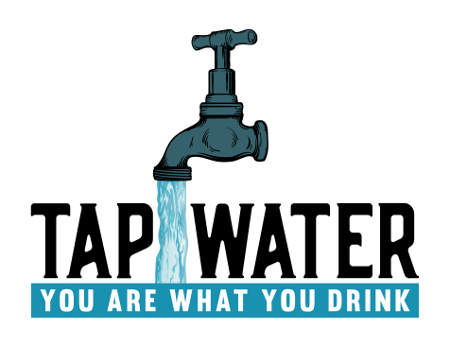
Can I drink the tap water?
How good is the tap water in Saint-Julien-en-Genevois, France ?
All in all, 50% of folks here drink from the tap.
How good is the tap water in all of France?
All in all, 63% of folks here drink from the tap.
Can you drink the tap water in Saint-Julien-en-Genevois then?
What residents and travelers say
Opinions about tap water in Saint-Julien-en-Genevois often vary depending on the specific neighborhood and building infrastructure. Many locals report that the tap water tastes fresh and is perfectly safe to drink directly, appreciating the general quality that comes from well-maintained municipal supplies. However, some residents mention a slight variability in taste, often attributed to aging pipes or mineral content differences between sectors. Travelers are generally comfortable drinking tap water here, although a few prefer to use filters or bottled water during short visits for added peace of mind.
In apartment buildings or older constructions, water taste may feel different owing to internal plumbing conditions, leading some residents to use water filters or let the tap run briefly to improve taste. Usage of filtering pitchers is somewhat common, especially among families or those sensitive to mineral flavors. Nevertheless, the majority find that direct tap consumption poses no health risk, coinciding with regional health advisories. Outdoor water refill stations are available in some public areas, emphasizing hydration convenience for both locals and visitors.
- Taste: Generally fresh but can vary by building and pipe age.
- Filtering habits: Filters used sporadically, more common in older buildings.
- Tap water consumption: Widely accepted among residents and travelers.
- Refilling norms: Public refill stations support eco-friendly water consumption.
- Neighborhood caveats: Some variability in taste linked to local infrastructure.
For the most up-to-date and detailed information about water quality and safety in Saint-Julien-en-Genevois, it’s recommended to consult official sources such as the Communauté de Communes du Genevois - Water Service, the Agence Régionale de Santé Auvergne-Rhône-Alpes (ARS), or the Ministry for the Ecological Transition (France). These organizations provide regular testing results and guidelines to ensure safe consumption and monitor environmental quality.
Additionally, the European Environment Agency - Water Quality offers broader context on water standards across Europe.
Further reading on tap water in Saint-Julien-en-Genevois
To verify the current quality and any advisories regarding tap water in Saint-Julien-en-Genevois, residents should consult the official municipal or regional water utility websites and the local health department. National authorities such as the French Ministry of Ecology, Energy, Sustainable Development, and the European Union's water quality directives provide authoritative standards and updates. Additionally, official Twitter accounts or civic dashboards managed by the local municipality or water utilities may offer timely notifications and alerts. Regularly checking these sources ensures access to verified and up-to-date water quality information.
- https://www.cc-genevois.fr/eau-et-assainissement" rel="noopener" target="_blank">Communauté de Communes du Genevois - Water Service
- https://www.auvergne-rhone-alpes.ars.sante.fr/" rel="noopener" target="_blank">Agence Régionale de Santé Auvergne-Rhône-Alpes (ARS)
- https://www.ecologie.gouv.fr/eau" rel="noopener" target="_blank">Ministry for the Ecological Transition (France)
- https://www.eea.europa.eu/themes/water/quality" rel="noopener" target="_blank">European Environment Agency - Water Quality